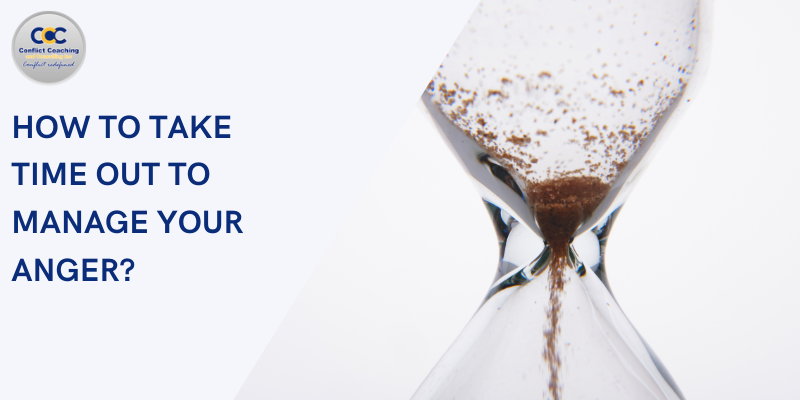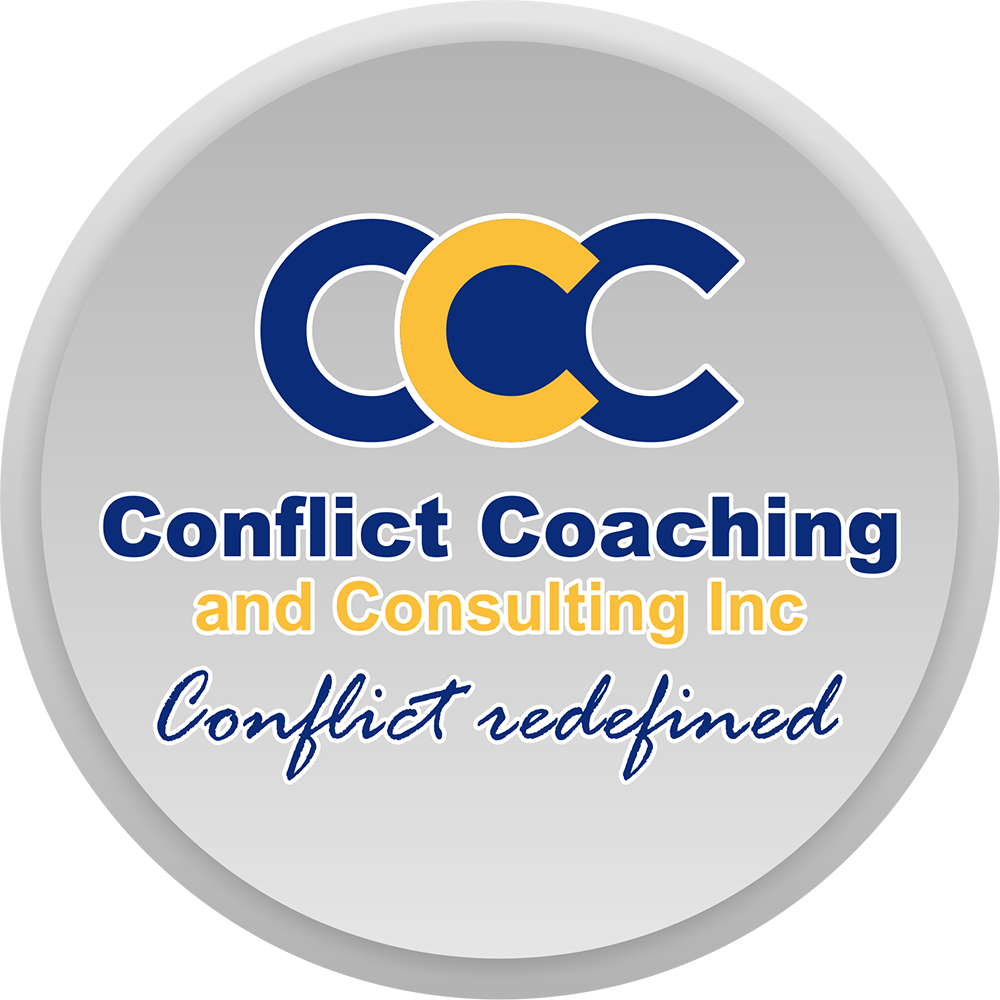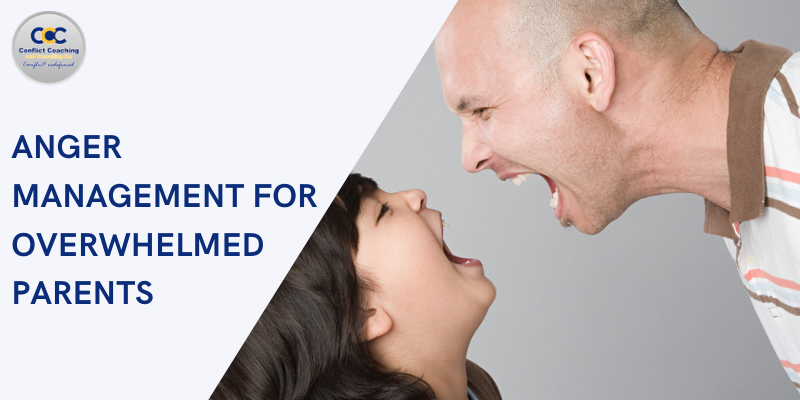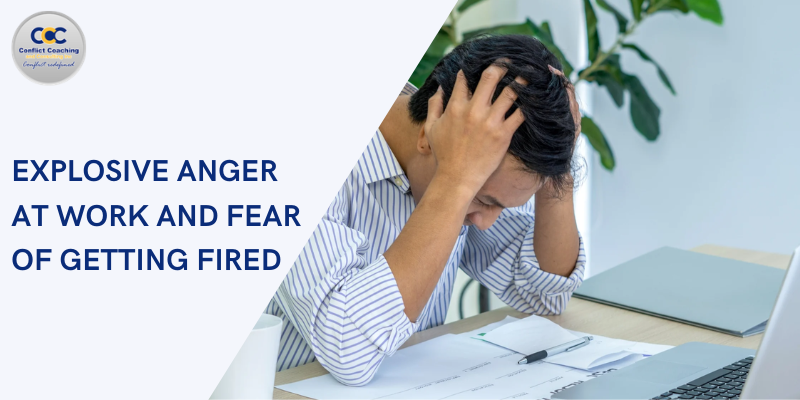
How To Take Time Out To Manage Your Anger?
Managing our emotions can be challenging. Anger, in particular, creeps up on us, often at the most inconvenient times.
That’s where the power of taking a time-out comes in – a simple yet remarkably effective tool that can help us navigate anger and other intense emotions.
If you are wondering how to take time out to manage your anger – this guide can help you understand this invaluable technique. It can work as a mental reset button, offering a pause in the heat of the moment. This pause lets us step back, regain our composure, and see the bigger picture.
Although the concept might sound straightforward, applying it in practice can be challenging, especially when emotions run high. It requires a certain level of self-awareness and intellectual engagement.
When faced with a heated situation or conversation, our instincts may resist stepping back, as the emotions demand immediate expression. But taking that crucial step back distances us from the triggering situation. This separation grants us the time to cool down, gain perspective, and approach the issue more balanced.
So, join us as we explore how the power of taking a time-out can become a valuable tool or your emotional well-being.
How to Use Time Out Approach?
Imagine a scenario where you’re in a heated argument with a colleague over a difference of opinion. Emotions are running high, and the conversation is spiraling out of control. This is the perfect moment to employ the time-out approach.
Step one is recognition: become aware of the escalating emotions and the potential harm they might cause. As you sense the tension building, mentally note that it’s time to pause.
Next, communicate your intention to your conversation partner. It can be as simple as saying, “I need a moment to gather my thoughts. Let’s continue this conversation later.” This communicates respect for the discussion and your emotional well-being.
Then, physically remove yourself from the situation. Find a quiet space to take a few deep breaths, allowing your emotions to settle.
Returning to the discussion after your time-out, you’ll likely notice a shift. Your perspective will be clearer, and your emotions will be less overwhelming. This approach prevents further escalation and paves the way for a more productive and respectful conversation.
A Detailed Time Out Plan
When it comes to managing emotions, the time-out approach stands out as a reliable tool, and having a detailed plan can enhance its effectiveness significantly. This plan involves several key steps that synergize to help you navigate heated situations with emotional intelligence and self-awareness.
Identification of Patterns You Can Use to Take Time Out
Understanding your triggers is the first step in utilizing the time-out approach effectively. Identify recurring patterns that tend to evoke intense emotions. These patterns could involve specific topics, scenarios, or even certain people. By recognizing these triggers, you can proactively implement a time-out before emotions escalate.
Inform Others That You Will Resort to This Option From Time to Time
Communicating your intention to use the time-out approach is pivotal. Letting others know you might step away to regain composure ensures they understand your intentions and respect your emotional boundaries. This open communication fosters a culture of understanding in your relationships.
Increase Awareness of Your Anger Level to Monitor It Closely
Developing self-awareness is at the core of emotional management. Pay close attention to the signs that your anger is escalating – increased heart rate, tensed muscles, or heightened emotions. This heightened awareness empowers you to take a time-out before your anger spirals.
The Actual Time-Out Situation
When you sense your anger rising, initiate the time-out plan. Inform the other party that you need a moment to collect your thoughts. Physically remove yourself from the situation and find a quiet space to decompress. Use this time to take deep breaths, reflect on the situation, and allow your emotions to settle.
When You Get Back From the Time-Out
Returning from your time-out, you’ll likely find that your perspective has shifted. Engage in the conversation with a calmer demeanor. Express your thoughts and emotions constructively, focusing on resolution rather than escalation.
By following this detailed time-out plan, you empower yourself to manage anger and navigate emotionally charged scenarios in a way that promotes understanding, communication, and healthier relationships.
If you are having issues managing your anger issues – it is time to enroll in anger management classes offered by Mastering Anger. These courses can help you identify anger triggers and explore various anger management techniques for better physical, mental, and emotional health.
Frequently Asked Questions (faqs)
How do you take time out during conflict?
During a conflict, you can take time out by politely expressing the need for a break, physically stepping away from the situation, and finding a quiet space to regain composure before resuming the conversation.
What to do with your body during time out?
During a time-out, engage in calming activities like deep breathing, stretching, or walking to release tension and refocus your mind.
What to do with your mind during time out?
During a time-out, practice mindfulness by focusing on your breath, letting go of negative thoughts, and mentally preparing to approach the situation with clarity and composure.
Conclusion
When it comes to complex and volatile emotions, understanding how to take time out to manage your anger is among the best courses of action.
Taking a time-out might seem simple, but its impact is profound. This deliberate pause empowers us to regain control over our reactions and steer conversations toward constructive paths.
Following a detailed time-out plan, we equip ourselves with improved emotional intelligence. We identify patterns, communicate our intentions, heighten self-awareness, and engage in calming practices. These steps collectively foster healthier interactions and relationships, preventing conflicts from escalating into unnecessary turmoil.
Taking time out during conflicts isn’t a sign of weakness; it’s a testament to our commitment to emotional growth and understanding. It’s a way of respecting our own emotions and those of others, promoting open dialogue and empathy.
With practice, this approach becomes second nature, transforming how we handle disagreements and enriching the quality of our interactions!





Responses